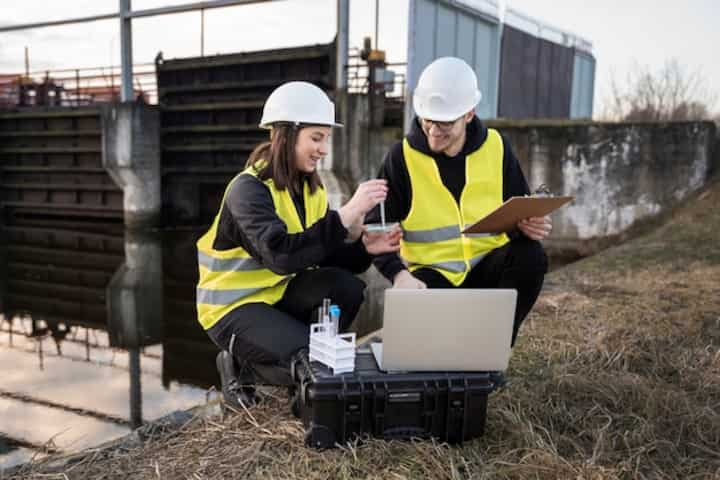
Expert Visual Mold Inspectors Near Me Certified Services for Homes in NJ
Mold growth in homes can lead to significant health issues and property damage if not addressed promptly. Homeowners in New Jersey seeking to maintain a safe and healthy living environment increasingly rely on certified visual mold inspectors. Understanding the importance of professional mold inspection services and what they entail can help homeowners make informed decisions. This article delves into the intricacies of mold inspection services available in NJ and the benefits of choosing certified professionals for the task.
Understanding the Role of Mold Inspectors
Mold inspectors play a crucial role in identifying and mitigating mold issues within homes. Their expertise ensures that mold problems are detected early, preventing potential health risks and structural damage. Certified mold inspectors provide a comprehensive assessment that goes beyond mere visual inspection.
Key Responsibilities of Mold Inspectors
- Conduct thorough visual inspections of the property.
- Utilize advanced tools for moisture mapping and mold detection. Read more about this topic.
- Collect air and surface samples for laboratory analysis.
- Provide detailed reports on findings and remediation recommendations.
The Importance of Certification
Choosing a certified mold inspector is paramount to ensuring the credibility and reliability of the inspection. Certification signifies that the inspector has undergone rigorous training and adheres to industry standards.
Benefits of Hiring Certified Inspectors
- Assurance of professional and ethical conduct.
- Access to the latest technology and methodologies in mold detection.
- Comprehensive and accurate reporting of mold conditions.
- Peace of mind knowing that the inspection is thorough and unbiased.
What to Expect During a Mold Inspection
During a mold inspection, homeowners can expect a meticulous process designed to identify all potential mold-related issues within the property. The inspection typically includes several stages:
Inspection Stages
- Initial Assessment: Inspectors evaluate visible mold signs and assess areas prone to mold growth.
- Moisture Mapping: Advanced tools are used to detect hidden moisture that could foster mold growth. Learn more in this detailed guide.
- Sample Collection: Air and surface samples are collected for laboratory analysis to ascertain mold types and concentrations.
- Reporting and Recommendations: A detailed report outlining findings and recommended remediation steps is provided to the homeowner.
Choosing the Right Mold Inspection Service
When selecting a mold inspection service in NJ, homeowners should consider several factors to ensure they receive the best possible service.
Factors to Consider
- Certification: Verify the inspector's certification and credentials to ensure they meet industry standards.
- Experience: Consider the inspector's experience and expertise in handling various mold situations.
- Reputation: Research customer reviews and testimonials to gauge the service quality. Check out customer reviews here.
- Technology and Methods: Ensure the service utilizes modern technology for accurate mold detection and assessment. Explore further insights here.
Conclusion
Engaging a certified visual mold inspector in NJ is a crucial step for homeowners aiming to maintain a healthy living environment. Certified inspectors provide reliable, comprehensive assessments that help prevent health issues and property damage. By understanding the role and importance of professional mold inspections, homeowners can make informed choices and safeguard their homes effectively. Find additional information here.